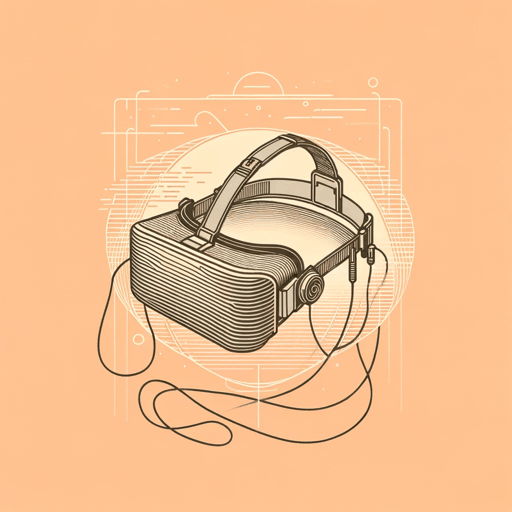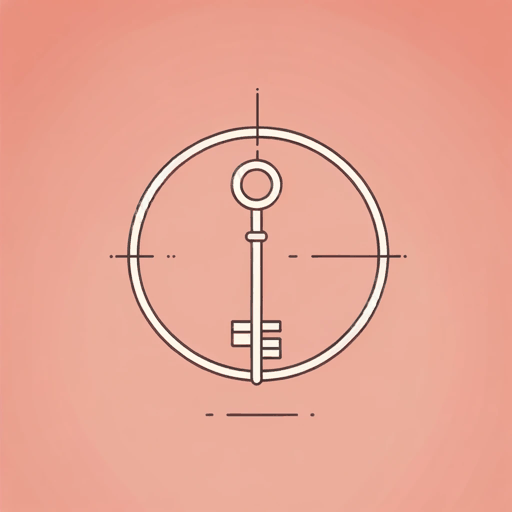51 pages • 1 hour read
Ernest ClineReady Player Two
Fiction | Novel | Adult | Published in 2020A modern alternative to SparkNotes and CliffsNotes, SuperSummary offers high-quality Study Guides with detailed chapter summaries and analysis of major themes, characters, and more.
Important Quotes
“If the ONI could do everything Halliday claimed, then he’d once again done the impossible. Through sheer force of will and brainpower, he’d once again turned science fiction into science fact, without much regard for the long-term consequences.”
(Cutscene, Page 7)
One of the book’s vital narrative strands concerns Wade’s attitude toward his hero Halliday. The Wade from Ready Player One worshipped Halliday, viewing his technological inventions as unambiguously positive public goods. But as Wade witnesses the physical and psychological dangers of ONI, alongside its inventor’s toxic behavior toward Kira, he realizes the folly of idolizing men whose personal obsessions and hubris outweigh all considerations of how their gadgets will affect society.
“So I had nothing to worry about. Nothing at all. Just a giant metal spider locked onto my skull, about to interface with my brain.”
(Cutscene, Page 9)
The ONI technology becomes so normalized that nobody thinks twice about how strange and even unnerving it is to clamp this monstrous-looking device to one’s head and giving it access to the brain. Wade’s acknowledgement that there is something grotesque and unnatural about the ONI technology foreshadows the violence and chaos chronicled in the narrative. As the development and use of virtual reality gaming grows in the 21st century, it is worth pondering the implications of the steadily shrinking gap between humanity and machine.
“My friend Kira always said that life is like an extremely difficult, horribly unbalanced videogame. When you’re born, you’re given a randomly generated character, with a randomly determined name, race, face, and social class. Your body is your avatar, and […] you have to try to survive for as long as you can.”
(Chapter 1, Page 25)
Kira’s simile serves as a justification for living the bulk of one’s waking life in a computer simulation. Under her rationale, the real world, as humans experience it, feels no less constructed or random than the OASIS’s simulated world.
Related Titles
By Ernest Cline



